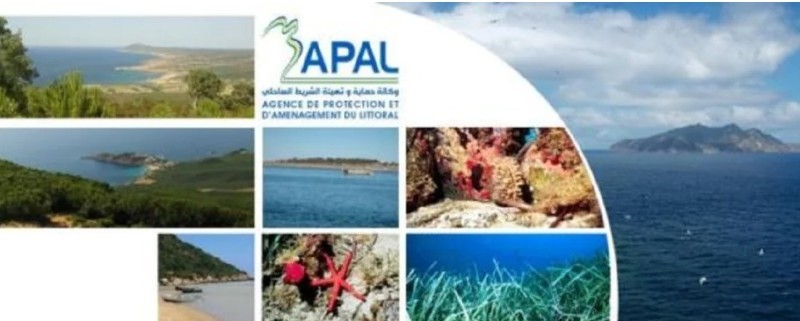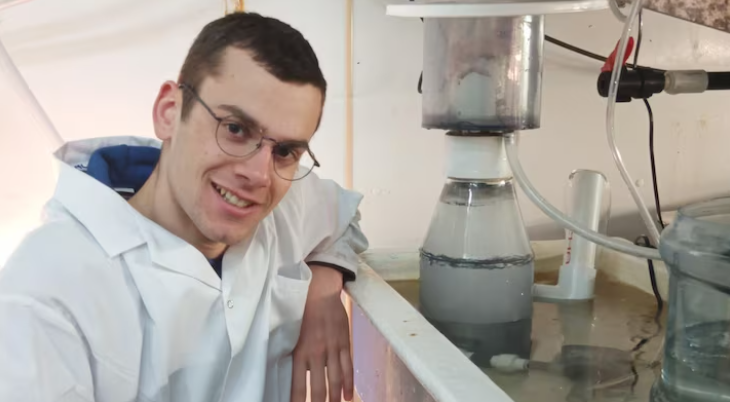Industrial plastic pellets (IPPs) are the third largest source of microplastic pollution in Europe. France is the only country in the world to regulate the environmental responsibility of the plastics industry. A group of elected officials, including Christophe Béchu, Christelle Morançais, and Michaël Weber, is calling on Europe to align with this legislation.
In October 2023, the European Commission proposed a regulation aimed at preventing the release of industrial plastic pellets into the environment—a scourge for biodiversity, natural ecosystems, and the image of affected regions. This text, currently in the final negotiation phase, is expected to be adopted in spring 2025—a highly symbolic year for ocean protection, as France has declared 2025 the Year of the Sea, marked notably by the hosting of the United Nations Ocean Conference (UNOC) in June.
At the European level, the final trilogue meeting—bringing together the Commission, the Council of the EU, and the European Parliament—will likely be held in April 2025, four years after France’s decree on industrial plastic pellets was published in April 2021.
We, as French elected officials, urge European lawmakers to seize this historic opportunity to adopt ambitious legislation that matches the scale of the environmental challenges. This would position Europe as a true pioneer in the fight against this invisible yet devastating form of pollution.
Industrial plastic pellets (also known as nurdles, flakes, or mermaid’s tears) are the third-largest source of microplastic pollution in Europe. These small plastic beads are used as raw materials by the plastics industry to manufacture countless everyday objects.
Source: Le monde




